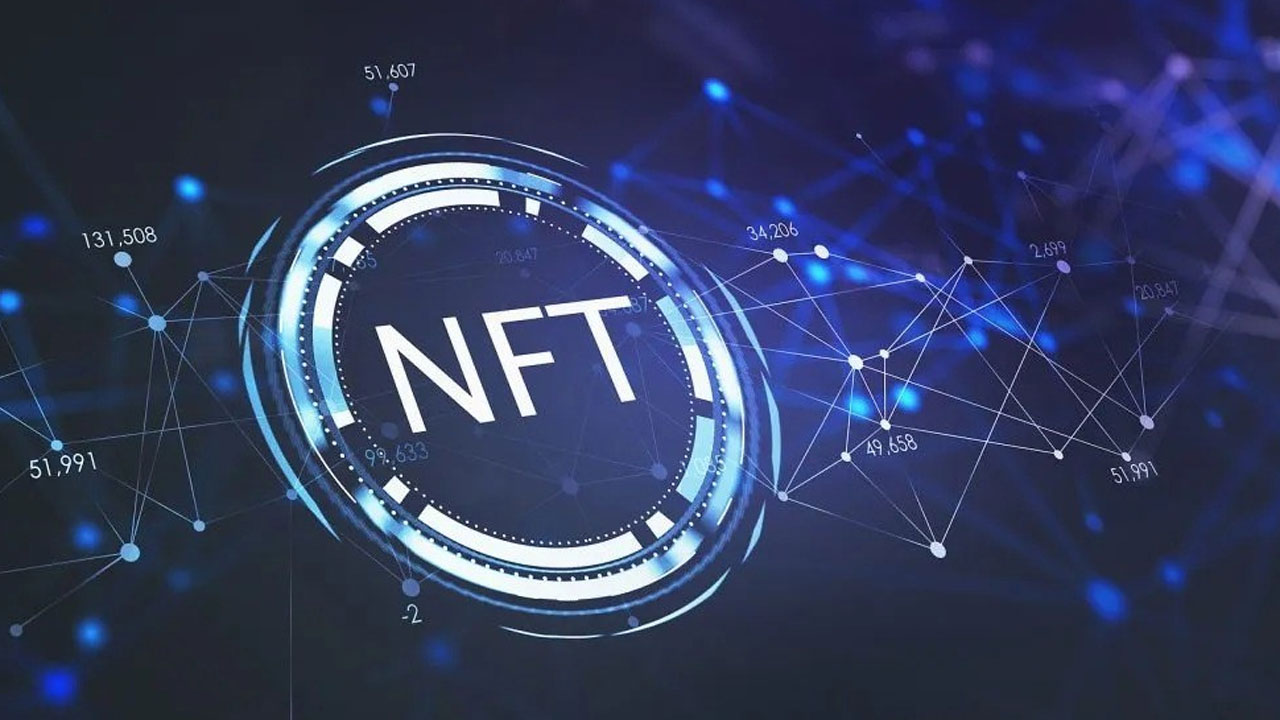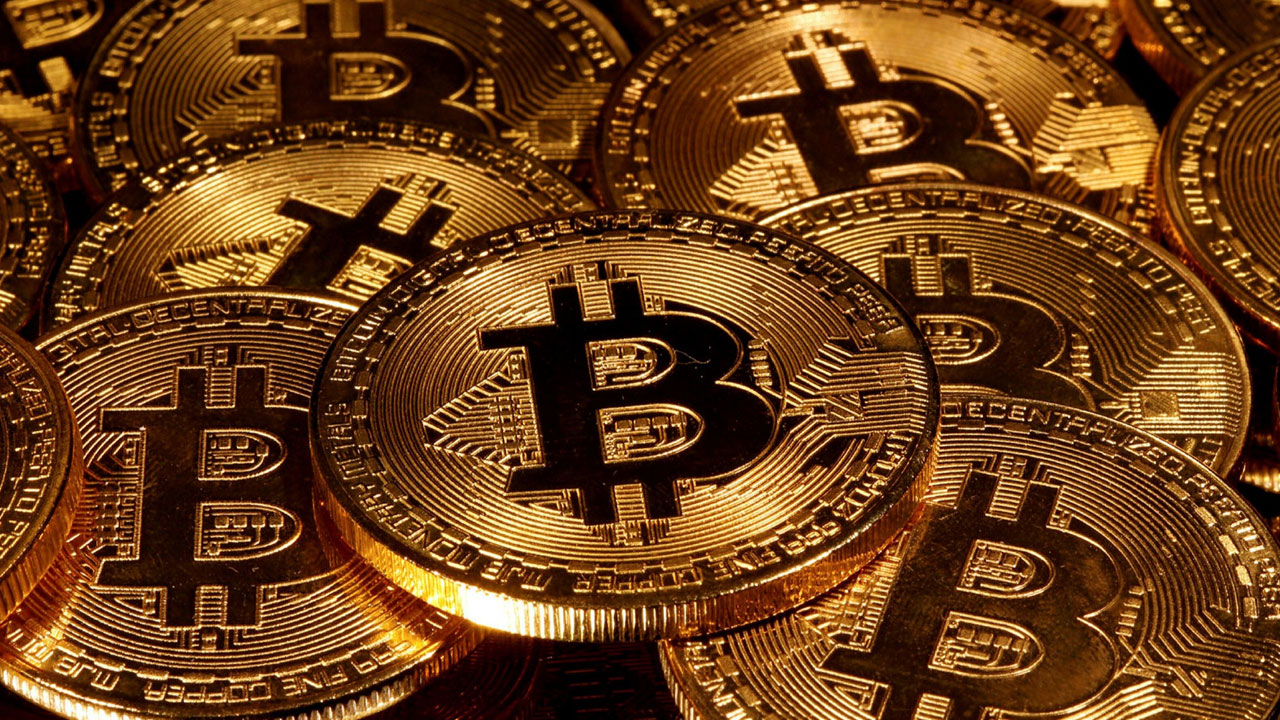Binance has presented its own proposals for comprehensive regulation on cryptocurrencies, which is expected to come into effect for a long time in Turkey. Sharing suggestions about exchanges, Binance stated that their recommendations are in the direction of protecting the sector in the best way.
The long-awaited cryptocurrency law has still not been submitted to the parliament and entered into force. While work on the relevant regulation continues, Leading names in the cryptocurrency ecosystem also offers suggestions that can help with the regulation in question.
Here are some of these suggestions, today by Binance Turkey shared. The Turkey leg of the world’s largest cryptocurrency platform, in the blog post it shared regulatory framework recommendations and principles on crypto-asset exchanges presented. Here are the recommendations that Binance thinks will best protect the industry:
Binance Turkey’s suggestions for crypto money law:
1 – The definition of ‘crypto asset’ should be clear:
We propose a clear definition of cryptoassets as the basis for any new cryptoasset regulation. Clear definitions will eliminate discussion about classifications and make regulations generally applicable.
In this regard, the Crypto Asset definition to be made must necessarily include the following features;
- can be transferred, stored or traded electronically,
- exchange possible,
- be designed or used as a store of economic value.
2 – Arrangement of stable coins:
We recommend that Stable Coins be regulated and regulated in the same way as Crypto Assets. Additionally, we recommend that Stable Coins be freely traded regardless of the jurisdiction in which they are allocated.
The rationale for this is that Stable Coins act as a bridge between fiat currencies and Crypto Assets. Another reason is that restricting the use of Stable Coins will greatly harm the industry and user experience.
3 – Evaluation of NFTs separately from crypto assets:

The development of NFTs is critical for the Crypto Asset world and therefore Turkey at the forefront, due to the user demand and market volume it commands.
However, it was in 2020 that NFTs gained mainstream attention in terms of trading while CryptoAssets as an asset class have been developing since 2008. For this reason, NFTs have not yet reached the maturity level of Crypto Assets as an asset class.
We recommend that the arrangements planned for NFTs be designed to make the most of this technology and allow for progress. New uses for NFTs are being discovered every day, so if strict regulations are enforced there is a risk that development will be curtailed or that regulations often fall short.
RELATED NEWS
Most ‘Winners’ Countries From Cryptocurrency Announced: Turkey Left The World Behind!
4 – Enabling Staking:
Staking is a method of earning rewards for Crypto Assets owned by users and is based on the Proof of Stake (Proof of Stake or “PoS”) consensus system.
In the operation of blockchain technology, independent validators verify transactions made on the network using a complex computer calculation. It’s called a consensus mechanism because it requires at least 51% of countless independent individuals around the world to agree on the validity of the transaction in question. In this way, new blocks are added to the blockchain.
Validators earn a certain reward from the network for each successful transaction, but in the PoS system, the validator is required to lock a certain amount of funds as collateral. Therefore, authenticators are encouraged to be honest in their transactions, while malicious people are deterred.
Thus, staking is a system that not only allows users to earn rewards honestly, but also keeps the network secure globally, autonomously.
Restricting staking will not only harm the user experience, but will also undermine the principles of Crypto Assets to be user-centric and powered by the community.
Considering the issues explained in this article, we recommend that staking activities be regulated as well. Another point to be considered during the regulation is the importance of not depriving Turkish users of an issue that is so vital for the crypto and blockchain ecosystem.
5 – Providing direct access to users:

Given the demand for Crypto Assets in Turkey, we recommend keeping market access as simple and easy as possible for existing and new users. At the same time, such easy access should be restricted to players with adequate and robust Authentication and Anti-Money Laundering procedures.
Adding intermediaries to the access process will only create difficulties for users, harming users, demand and Turkey’s position as a leading crypto market at the same time.
Considering Turkey’s importance and potential in the crypto-asset industry, we believe that it will be most beneficial for our country to have as free access to crypto-assets as possible for users.
RELATED NEWS
New Details About Cryptocurrency Law Revealed: Investors ‘Oh Be!’ will say
6 – Allowing global repositories:
Strong liquidity is one of the most vital requirements of the crypto asset world. Limiting liquidity pools only to Turkey will result in serious risks to the Turkish market as a crypto asset leader:
- The smaller a liquidity pool, the more vulnerable it will be to market manipulation.
- Large liquidity pools will allow users to trade and make investment decisions with greater convenience and financial security.
- Restricted liquidity pools will cause users to face unfair prices.
For these reasons, it is considered essential to protect global pools in order to protect users from unfair prices and to enable Turkish users to trade without being exposed to market manipulations.
7 – Determination of clear criteria in the listing and delisting processes:

Leading crypto-asset exchanges such as Binance TR already have the necessary expertise and experience in evaluating new and emerging crypto-asset projects. However, setting clear criteria for listing processes will keep the market’s quality standards high, make it easier to distinguish good projects from bad ones, and provide indirect protection by reducing the likelihood of users being exposed to bad projects.
In addition, from time to time, projects need to be removed from the list for various reasons. It is essential to set clear criteria for the delisting process as well.
8 – Exchanges with sufficient research capacity can decide on their own listings:
We want to emphasize the importance of providing appropriate regulatory oversight during the listing process.
In this context, we consider it appropriate for a crypto-asset exchange wishing to make a listing to be able to choose one of the following two methods.
Self Certification: With this method, before listing a new crypto-asset, the exchange notifies the authorized regulator that it wishes to list the relevant crypto-asset and that the said asset meets the conditions for listing. With this method, the editor will have the opportunity to suspend listing for a predetermined period of time.
Review and Approval: In this approach, the exchange will request that the relevant institution examine and approve the asset that wants to be listed, instead of self-certifying. We believe this could come in handy for exchanges like Binance that don’t already have a well-developed research department.
9 – Exchanges must have a fund to protect users:

We believe that crypto-asset exchanges should have an adequate “insurance” fund to protect their users from the loss caused by reasons other than the use of the exchange and to compensate their losses when necessary.
An example of this is the SAFU fund. Under the assurance of Binance, some of the revenues are transferred to the SAFU (Secure Asset Fund for Users) savings and are kept to compensate for any damage that may arise from the platform in any case. Our example, SAFU, has recently reached the level of 1 billion USD.
10 – Regulation of crypto asset custody services:
Although not all crypto asset exchanges act with the same principle and operation, the safe storage of crypto assets is one of the most common and sensitive issues in the industry.
Considering the importance of the secure storage of crypto assets and the unique needs of various platforms, we recommend allowing one of the following three models to be used after the evaluation, taking into account the structure, operation and business model of each crypto asset exchange:
- Exchange escrow model: The exchange’s entrustment of customers’ crypto assets.
- Self-containment model: Storage of crypto assets directly by the owner of the crypto asset.
- Third-party storage model: A third party (e.g. wallet service provider) custodian of assets on behalf of the exchange or the user.
We believe that companies and organizations providing such custody and custodial services should also be subject to regulation and supervision.
RELATED NEWS
Comprehensive ‘Cryptocurrency’ Report from the Grand National Assembly of Turkey: Used Everywhere…
11 – The regulations to be implemented are principle-based:
Crypto assets are intrinsically powered by continuous technological innovation and development.
Therefore, when developing a regulation for cryptoassets, the subject of the provisions should be the principles to be protected, not the technology itself. Regulations built on existing technologies can become invalid and void with just a technological leap.
Therefore, we think that regulations to be developed on behalf of crypto assets should focus on broader concepts such as protection of users, fairness of the market, surveillance of the industry.
In other words, regulations should be principle-based and not constrained by current technology.
12 – Mandatory high security standards:

We recommend that regulations be enacted and developed with the safety of users (and thus user funds) always a top priority.
Therefore, issues such as multi-signature contracts to protect users, user-oriented security measures such as 2FA, keeping the majority of crypto assets in cold wallets instead of hot ones are considered to be mandatory for every crypto asset services provider.
13 – Unlimited nature of crypto transfers:
The transfer of crypto assets between different networks and platforms offers many different functions.
Allowing crypto-assets to be transferred only to certain areas will cause many features that make the crypto-asset ecosystem unique and sometimes functional to become unusable, and will greatly damage the usability and development of this technology.
In addition, new developments will be blocked and the development of any project that can be prepared in Turkey will become impossible. Likewise, this includes NFTs.
RELATED NEWS
